Patient Rights
Florida law requires that your health care provider or health care facility recognize your rights while you are receiving medical care and that you respect the health care facility’s right to expect certain behavior on the part of patients. You may request a copy of the full text of this law from your health care provider or health care facility. A summary of your rights and responsibilities follows:
- A patient has the right to be treated with courtesy and respect, with appreciation of his or her individual dignity, and with protection of his or her need for privacy.
- A patient has the right to a prompt and reasonable response to questions and requests.
- A patient has the right to know who is providing medical services and who is responsible for his or her care.
- A patient has the right to know what patient support services are available, including whether an interpreter is available if he or she does not speak English.
- A patient has the right to know what rules and regulations apply to his or her conduct.
- A patient has the right to be given, by the health care provider, information concerning diagnosis, planned course of treatment, alternative, risks, and prognosis.
- A patient has the right to refuse any treatment, except as otherwise provided by law.
- A patient has the right to be given, upon request, full information and necessary counseling on the availability of known financial resources for his or her care.
- A patient who is eligible for Medicare has the right to know, upon request and in advance of treatment; whether the health care provider or health care facility accepts the Medicare assignment rate.
- A patient has the right to receive, upon request, prior to treatment, a reasonable estimate of charges for medical care.
- A patient has the right to receive a copy of reasonably clear and understandable, itemized bill and, upon request, to have the charges explained.
- A patient has the right to impartial access to medical treatment or accommodations, regardless of race, national origin, religion, physical handicap, or source of payment.
- A patient has the right to treatment for any emergency medical condition that will deteriorate from failure to provide treatment.
- A patient has the right to know if medical treatment is for purposes of experimental research and to give his or her consent or refusal to participate in such experimental research.
- A patient has the right to express grievances regarding any violation of his or her rights, as stated in Florida law, through the grievance procedure of the health care provider or health care facility which served him or her and to the appropriate state licensing agency.
- A patient is responsible for providing to the health care provider, to the best of his or her knowledge, accurate and complete information about present complaints, past illnesses, hospitalizations, medications, and other matters relating to his or her health.
- A patient is responsible for reporting unexpected changes in his or her condition to the health care provider.
- A patient is responsible for reporting to the health care provider whether he or she comprehends a contemplated course of action and what is expected of him or her.
- A patient is responsible for following the treatment plan recommended by the health care provider.
- A patient is responsible for keeping appointments and, when he or she is unable to do so for any reason, for notifying the health care provider or health care facility.
- A patient is responsible for his or her actions if he or she refuses treatment or does not follow the health care provider’s instructions.
- A patient is responsible for assuring that the financial obligations of his or her health care are fulfilled as promptly as possible.
- A patient is responsible for following health care facility rules and regulations affecting patient care and conduct.
Patient Responsibilites
The care a patient receives depends partially on the patient himself. Therefore, in addition to these rights, a patient has certain responsibilities as well. These responsibilities shall be presented to the patient in the spirit of mutual trust and respect. The patient/family/representative shall be responsible for:
- Providing accurate and complete information concerning his/her present complaints, past illnesses, hospitalizations, medications, including over-the-counter medications and herbal supplements, allergies and any sensitivities.
- Following the treatment plan established by his/her physician, including the instructions of nurses and other health professionals as they carry out the physician’s orders.
- Reporting perceived risks in his/her care and unexpected changes in his/her condition to the responsible practitioner.
- Asking questions about the patient’s condition, treatments, procedures, diagnostic test results.
- Asking questions when they do not understand what they have been told about the patient’s care or what they are expected to do.
- Immediately reporting any concerns or errors they may observe.
- Keeping appointments and for notifying the ASC or physician when he/she is unable to do so.
- Providing a responsible adult to transport him/her from the ASC to home and to remain with the patient for at least 24 hours if required by the patient’s physician.
- His/her actions should he/she refuse to follow his/her physician’s orders.
- Assuring that the financial obligations of his/her ASC care are fulfilled as promptly as possible.
- Being considerate of the rights of other patients and ASC staff.
- Providing accurate and complete information concerning his/her present complaints, past illnesses, hospitalizations, medications, including over-the-counter medications and herbal supplements, allergies and any sensitivities.
- Following the treatment plan established by his/her physician, including the instructions of nurses and other health professionals as they carry out the physician’s orders.
- Reporting perceived risks in his/her care and unexpected changes in his/her condition to the responsible practitioner.
- Asking questions about the patient’s condition, treatments, procedures, diagnostic test results.
- Asking questions when they do not understand what they have been told about the patient’s care or what they are expected to do.
- Immediately reporting any concerns or errors they may observe.
- Keeping appointments and for notifying the ASC or physician when he/she is unable to do so.
- Providing a responsible adult to transport him/her from the ASC to home and to remain with the patient for at least 24 hours if required by the patient’s physician.
- His/her actions should he/she refuse to follow his/her physician’s orders.
- Assuring that the financial obligations of his/her ASC care are fulfilled as promptly as possible.
- Being considerate of the rights of other patients and ASC staff.
Please feel free to read online or print to review our policies and procedures as well as your rights and responsibilities. If you have any questions, feel free to contact us.
Click on the Read More button below to view the information. Once it is open, you may click the printer icon to send the handout to your printer.


